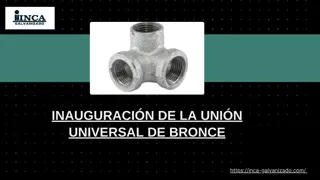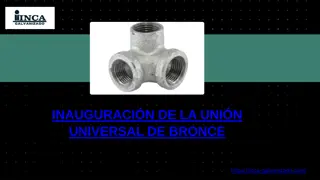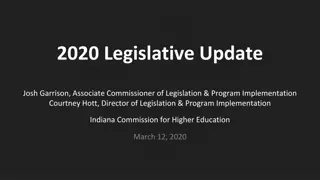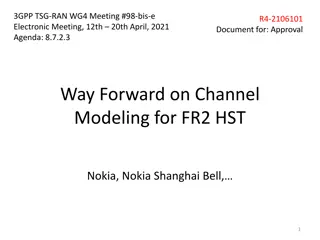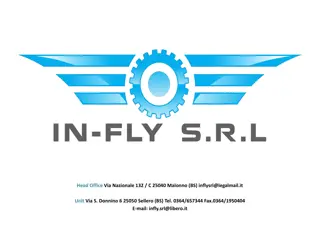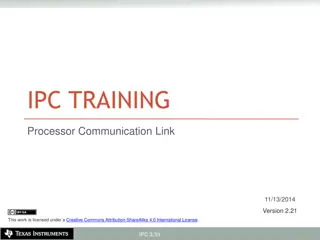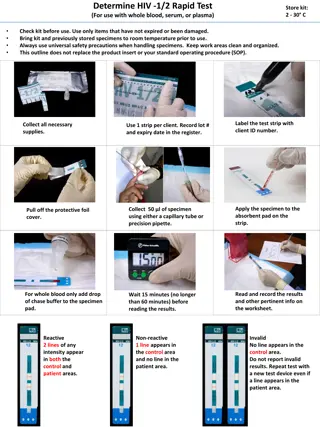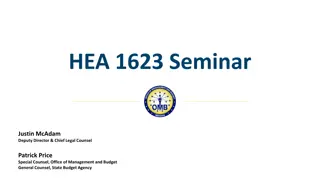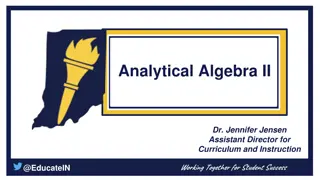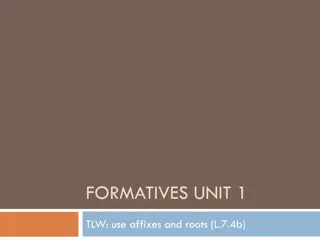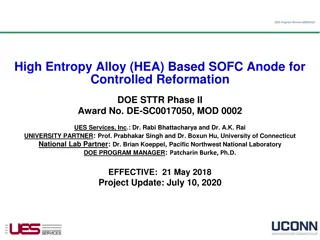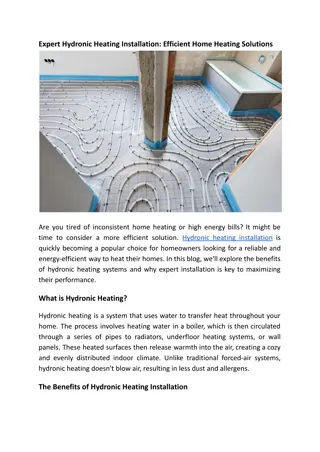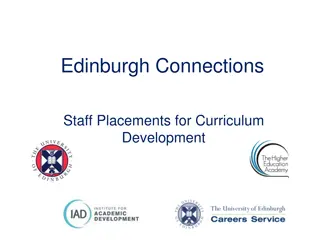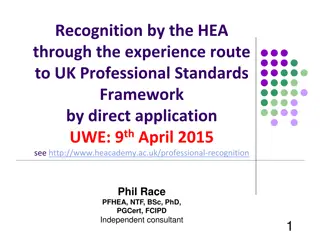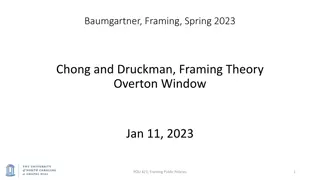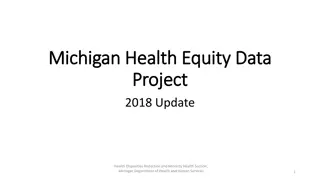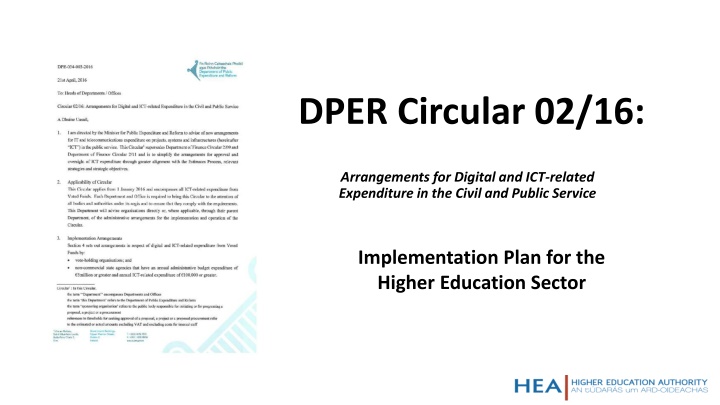
Governance and Oversight in Higher Education Digital Expenditure
This document explores the governance framework of the higher education sector, focusing on the oversight role of the Higher Education Authority (HEA) in ensuring efficient and effective digital and ICT-related expenditure in Irish universities. It discusses compliance with the Department of Public Expenditure and Reform Circular 02/16, the role of the HEA in monitoring institutional governance, and key messages related to project approval processes.
Download Presentation

Please find below an Image/Link to download the presentation.
The content on the website is provided AS IS for your information and personal use only. It may not be sold, licensed, or shared on other websites without obtaining consent from the author. If you encounter any issues during the download, it is possible that the publisher has removed the file from their server.
You are allowed to download the files provided on this website for personal or commercial use, subject to the condition that they are used lawfully. All files are the property of their respective owners.
The content on the website is provided AS IS for your information and personal use only. It may not be sold, licensed, or shared on other websites without obtaining consent from the author.
E N D
Presentation Transcript
DPER Circular 02/16: Arrangements for Digital and ICT-related Expenditure in the Civil and Public Service Implementation Plan for the Higher Education Sector
The HEAs Role in Governance of Higher Education Institutions Governance of the higher education system is part of the HEA s oversight function. The objective of such oversight is to ensure that the Higher Education Institutions and the higher education system collectively meet the outcomes expected, effectively and efficiently. The HEA exercises this function through the Governance Framework which includes monitoring of the implementation of the Code of Governance for Institutes of Technology.
Governance Framework of the Higher Education System Audits of Annual Accounts Special Reports Liaison with HEA COMPTROLLER & AUDITOR GENERAL Corporate Governance Risk Register MAC Committee on Sectoral Governance & Accountability Annual System Performance Report Financial Accountability Framework DEPARTMENT OF EDUCATION & SKILLS Service Level Agreement Strategic Dialogue / Performance Compacts Annual Governance Statements HR & ECF Reporting Annual Accounts Financial Reporting Rolling Reviews HEA Code of Governance Implementation System of Internal Control Budgets & Financial Plans Governance Procedures HEIs Internal Audit Codes of Conduct Good Faith Reporting Protected Disclosure HEI Employees
Draft Code of Governance for Irish Universities 2018 Section 8.21 of the draft Code of Governance for Irish Universities 2018* states: Department of Public Expenditure and Reform Circular 02/2016 must be complied with by Universities considering expenditure on IT and telecommunications projects, systems and infrastructures *The draft Code of Governance for Irish Universities 2018 is currently under review.
DPER Circular 02/16 Key Messages Under Circular 02/16 there is a requirement to complete: A Start of Year (SOY) Submission Form (Approved by President) An End of Year (EOY) Submission Form (Approved by President) Additional Requests for Specific Approval of a Proposal (i.e. New ICT Projects > 25k ex. VAT) Requests for approval forms must be completed well in advance of a project All start of year requests must be received by the 28th February of each year All end of year forms must be received by 28th February of the following financial year Approval of ongoing expenditure is treated differently
Department of Education and Skills Role ICT Liaison within the Higher Education Sector for ICT-related Expenditure Facilitate Compliance Oversight/Administrative Role Adherence to 02/16 Appendix: General Conditions of Approval that relate to all ICT-related Expenditure Deals directly with the HEA and DPER but not with individual HEIs Accountability: This Circular does not lessen the accountability of organisations and they continue to be directly responsible for their ICT-related expenditure This Circular does not alter other compliance or reporting obligations required of public bodies. In addition, failure by an organisation to apply the terms of the Circular may result in specific approval arrangements being introduced for that organisation and, as applicable, to its parent body or bodies under its aegis.
Stage 1: Within Institution Commence New ICT Initiative Project is not following Central Strategies, Shared Infrastructures, Procurement Frameworks etc. There is a significant change to the scope, schedule, deliverables, cost or quality of the project since original approval was granted Project or expenditure falls into the categories notified by DPER to the nominated ICT Liaison (DES) New Project with expenditure over 25,000 or or or Seek approval of Senior Management Team and signature of President Seek Approval of HEA
Stage 2: HEA Institution completes Specific Approval Request with proposal including costs and procurement methodology and sends to HEA Specific Approval Request is checked at HEA administrative level HEA forwards Specific Approval Request to the Department of Education and Skills for approval Specific Approval Request is approved by Head of System Funding within HEA
Stage 3: Department of Education and Skills DES ICT Liaison Officer considers Specific Approval Request ensuring compliance with governance and sourcing arrangements as per the appendix to circular 02/16 Specific Approval Request is approved at Assistant Secretary level Stage 4: Department of Public Expenditure and Reform Department of Education and Skills forwards Specific Approval Request to Department of Public Expenditure and Reform for final approval The Department of Public Expenditure and Reform, Office of the Government Chief Information Officer makes final approval
Start of Year Submission Layout Attached is a breakdown of the anticipated ICT-related expenditure by the above named body during 20____ in respect of new initiatives, existing initiatives, and non- project expenditure. Total anticipated expenditure for the current year is ______. The proposed expenditure is in line with, and will adhere to the requirements of Circular 02/16: Arrangements for Digital and ICT-related Expenditure in the Civil and Public Service. Accordingly, I confirm that: The proposed expenditure has been approved by the Management Board; The proposed expenditure aligns with relevant strategies and strategic objectives including an overarching ICT/Technology Strategy for the organisation; Governance arrangements for the management of ICT expenditure are formalised; Expenditure is informed by the Public Service ICT Strategy, the Reform and Renewal Agendas and initiatives with regard to Shared Services; Centrally developed procurement arrangements will be utilised where available; Specific prior approval will be obtained prior to commencing a new initiative with a potential value of 25,000 or greater, excluding VAT, and prior to initiating a procurement exercise or entering contract negotiations in respect of qualifying expenditure; and From the 31st December 2018, formal approval will be obtained from the Department of Education and Skills for each existing project.
Anticipated Expenditure New Projects / Initiatives Existing Projects / Initiatives Non-Project Expenditure Total Hardware Software, Licensing, proprietary Support & Maintenance Telecommunications Licensing Third Party (non-proprietary) Support/Maintenance Hosting IT-Related Training Externally Acquired Resources IT-Related Consultancy Contractors External Service Providers Total
End of Year Submission Template Attached is a breakdown of the actual ICT-related expenditure by the above named body during 20____ in respect of new initiatives, existing initiatives, and non- project expenditure. Total expenditure was ______. The expenditure adhered to the requirements of Circular 02/16: Arrangements for Digital and ICT-related Expenditure in the Civil and Public Service. I confirm that: The actual expenditure has been reviewed by the Management Board; The proposed expenditure aligned with relevant strategies and strategic objectives including an overarching ICT/Technology Strategy for the organisation; Governance arrangements for the management of ICT expenditure were maintained throughout the year; Expenditure was informed by the Public Service ICT Strategy, the Reform and Renewal Agendas and initiatives with regard to Shared Services; Centrally developed procurement arrangements were utilised where suitable; Specific prior approval was obtained prior to commencing any new initiative with a potential value of 25,000 or greater, excluding VAT, and prior to initiating a procurement exercise or entering contract negotiations in respect of qualifying expenditure; and From the 31st December 2018, formal approval will be obtained from the Department of Education and Skills for each existing project.
Actual Expenditure 20__ New Projects / Initiatives Existing Projects / Initiatives Non-Project Expenditure Total Expenditure Category Hardware Software, Licensing, proprietary Support & Maintenance Telecommunications Licensing Third Party (non-proprietary) Support/Maintenance Hosting IT-Related Training Resources Acquired Externally IT-Related Consultancy Contractors External Service Providers Total
Request for Specific Approval of a Proposal The Department/Office confirms that this project, business requirements and associated expenditure is approved in line with the requirements of Circular 02/16: Arrangements for Digital and ICT-related Expenditure in the Civil and Public Service. DGOU approval is requested because it is: a new project / new expenditure / proposed not to use central initiatives / remedial action to an existing project (please delete reason(s) that do not apply and add relevant reason(s)). (Please delete statement that does not apply) I wish to seek approval to progress the proposal/project to the next stage (form has been fully completed) or I wish to seek approval in principle for the proposal/project and a fully completed form will be submitted if it is decided to progress to the next stage.
SignificantVariation Reason(s) for Significant Variation (variation equal to or greater than + / Reason(s) for Significant Variation (variation equal to or greater than + / - - 10% of the planned expenditure for each Expenditure Category) in Actual 10% of the planned expenditure for each Expenditure Category) in Actual versus Planned Expenditure. versus Planned Expenditure. 1 2 3 4
Existing Projects/Ongoing Expenditure Existing projects which were previously approved by the Department of Public Expenditure and Reform are exempted. Recurring annual non-project expenditure is generally exempted unless specified otherwise. There is no requirement for approval of ongoing expenditure for an approved project unless there is significant variation (+/- 10%) in actual versus planned expenditure.
Key Messages Revisited Requirement to complete: Start of Year (SOY) Submission Form* (Approved by President) End of Year (EOY) Submission Form* (Approved by President) Request for Specific Approval of a Proposal (New ICT Projects > 25k ex. VAT) Complete request for approval form well in advance of a project No requirement for approval of ongoing expenditure unless there is significant variation (+/- 10%) in actual versus planned expenditure *A copy of the SOY and EOY submissions must be available for review, if required, by the C&AG and/or the Internal Audit Unit of the Department of Education and Skills.
Summary Circular 02/16 supersedes previous Department of Finance circulars 02/09 & 02/11 All start of year requests for financial year 2017/18 must be received by 28th February 2018 All end of year forms for financial year 2017/18 must be received by 28th February 2019 All Specific Approval Requests must be signed by the President prior to sending to HEA for approval

